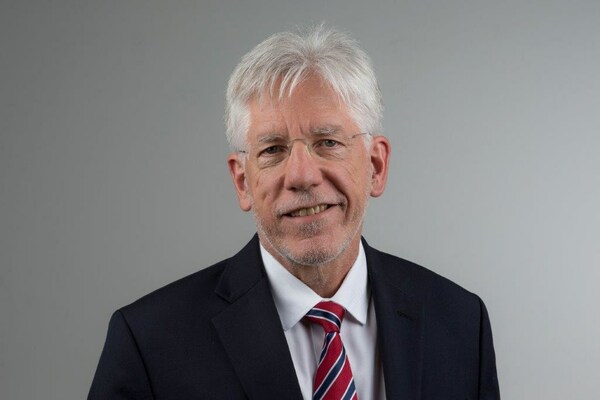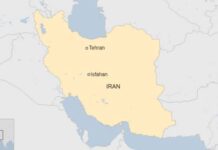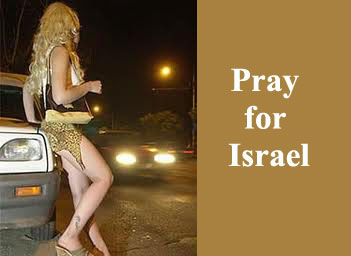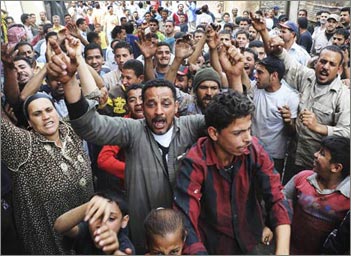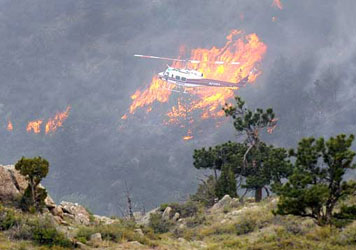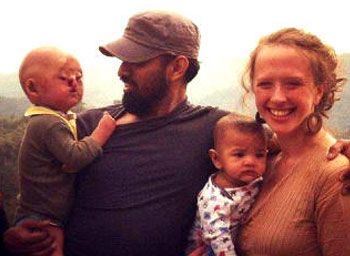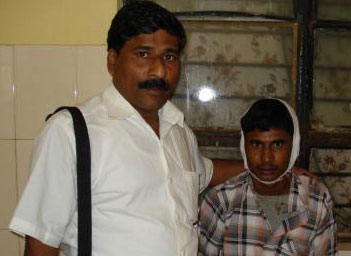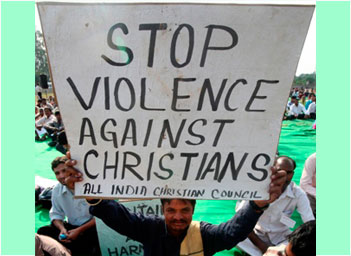By Robin Sam
THE International Council of Christian Solidarity International (CSI) was founded in the ’70s as an interdenominational Christian organization. Based in Zurich, Switzerland, CSI is focused on bringing health into the body of Christ to the various organs and play the role of the Good Samaritan thereby bringing healing and hope in a hurting world. CSI stands for religious freedom and dignity, two things that are becoming a rare commodity in today’s world. John Eibner has been the president of the CSI since 2020. The Christian Messenger interviewed John Eibner. Excerpts from the interview:
Do you think the Church (and I include Christian agencies such as the CSI also in the broad sense of the term) has done enough in reaching out to the families displaced by the war in Ukraine?
The Church, Christian agencies and Christian individuals can never do enough to alleviate suffering, and there is no shortage of it throughout the world. The upsurge of violence in Ukraine has taken a great toll on its civilian population. There are many instances of magnificent acts of Christian solidarity with war victims in Ukraine and those who have sought refuge outside the country. One of the humanitarian challenges Christians in the West face is how to be helpful to displaced war victims in Russia and Russian annexed parts of Ukraine. More people displaced from the Ukraine have sought refuge in Russia than any other country. But the near complete breakdown in relations between the West and Russia has produced many impediments to the provision of support for the displaced in Russia.
In 2022 you made a visit to Trans-Carpathian Ukraine to oversee aid operations of CSI there. Was it a one-time operation or are there any ongoing relief measures that happen there now?
CSI supports on a small-scale ongoing relief activity in Ukraine. There is much relief activity in non-Russian controlled parts of the country. The Ukrainian government currently controls about 80% of the country. The major humanitarian aid agencies that are funded largely by western governments are active there. Western-based aid agencies tend to stay out of Russia.
Have you been able to send relief supplies to those suffering from the war in Gaza? If so, can you please elaborate? If not, please list out the reasons behind it.
CSI has not sent relief supplies to victims of the war in Gaza. We do not have established partners there and have no means of providing aid in a responsible way. As far as we can see, the small Christian community in Gaza faces the same humanitarian crisis as the rest of the population.
Often, aid and relief agencies such as yours give food, shelter and medicines to people displaced by war and other calamities, but there’s often criticism that this is not enough as no one addresses the psychological trauma of the people. How do you address this issue?
Psychological trauma afflicts countless people in the many war zones around the world. It is addressed less by aid agencies than hunger and disease. Priority tends to be placed on what is lifesaving and meeting material needs. As a relatively small Christian organization that receives no funds from governments, CSI does not have major trauma treatment programs. However, CSI works with Christian partners who are sensitive to trauma.
In the last 40 years since CSI has been operating what has been one of your largest operations in terms of the scale involved and opposition you encountered? What lessons has CSI learned from it?
CSI’s slave liberation humanitarian relief actions in the Sudans have undoubtedly been the largest CSI operations. Those liberated were Black, non-Muslim slaves that were captured by Muslim militias supporting the Government of Sudan’s openly declared jihad against its opponents in southern Sudan and the Nuba Mountains. Some of those enslaved were Christians. Our highly publicized and effective efforts engendered much opposition in the Islamic world where open discussion of the tradition of Islamic slavery is taboo. We also encountered opposition in the western world from those who feel that open discussion of Islamic slavery and jihad wounds the sensibilities of our Muslim neighbors and can provoke hostile reactions from them. Some opposition arose from some members of South Sudan’s Christian political leadership who began to be blamed for failing to provide adequate security for the communities most affected by slave raids. Finally, there was opposition from other aid and human rights organizations, including Christian ones, who felt the need to criticize as a means of legitimizing their own failure to combat violent jihad and its slavery adjunct. One lesson learned is the importance of understanding political context where one expresses Christian solidarity in word and deed. Neither humanitarian aid, nor human rights advocacy can be provided in a political vacuum. Political vacuums do not exist anywhere in the world.
Tell us something about your current association with Christians in South Sudan. What are the tasks that lie unfinished in that country?
CSI continues to liberate slaves and provide food support for the communities in Southern Sudan and the Nuba Mountains that have been historically victimized by slave raids. South Sudan is still in the very early stages of nation-building. Most of the population is impoverished. Opportunities for economic advancement beyond subsistence are few and far between. The institutions of the state are weak and barely impact positively most Southern Sudanese, while ancient tribal allegiances and institutions remain strong While the Christian faith has spread extensively over the past half century, much needs to be done to advance Christian education and community.
When Kuki tribals in Manipur, India were persecuted recently, we did not see any assistance from CSI to the persecuted and displaced people. Did you turn a blind eye to the problem because of the BJP government at the Centre? Or is it because operations in India are not viable?
To see CSI’s support for the Kuki Christians in Manipur one must look in the right place and ask the right questions. CSI does not draw public attention to its on the ground humanitarian support for the victims of violence in Manipur. To do so would endanger the security of CSI representatives and partners. CSI has however undertaken a public human rights advocacy campaign to highlight the causes and effects of the violence in Manipur. In short, CSI has not and will not turn a blind eye to the pogroms in Manipur and especially the plight of our targeted brothers and sisters in Christ.



